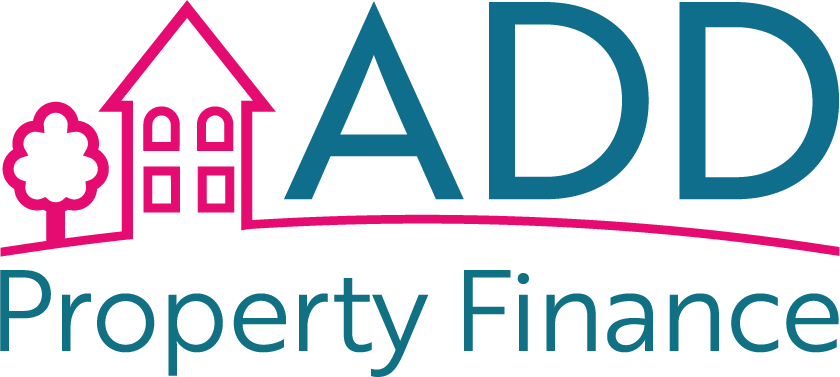Becoming a homeowner is an exciting journey, but it’s essential to start on the right financial footing. As a first-time homebuyer, creating a realistic budget is your first step toward turning your dream home into a tangible reality. Here are some practical budgeting tips to help you achieve your homeownership goals:
1. Assess Your Financial Health
Begin by evaluating your current financial situation. Calculate your total income and deduct your monthly expenses to understand your disposable income. This will give you a clear picture of how much you can comfortably allocate towards your mortgage payments and homeownership expenses.
2. Save for a Deposit
Saving for a deposit is a crucial aspect of budgeting for your first home. Aim for a deposit of at least 20% of the property’s purchase price to secure favourable mortgage terms. Create a dedicated savings account and set up automatic transfers to ensure consistent progress.
3. Factor in Additional Costs
Beyond the deposit, consider other costs associated with homeownership, including property taxes, homeowners’ insurance, utilities, maintenance and potential homeowners’ association (HOA) fees. These costs can vary, so research thoroughly to estimate a realistic monthly budget.
4. Create a Contingency Fund
Unexpected expenses are a part of homeownership. Establish an emergency fund to cover unforeseen repairs or emergencies that may arise. Having a safety net can provide peace of mind and prevent financial strain.
5. Consult a Mortgage Adviser
A professional mortgage adviser can help you navigate the intricacies of mortgage options, interest rates, and repayment terms. Their expertise can ensure you select a mortgage that aligns with your budget and financial goals.
6. Be Realistic
While it’s exciting to envision your dream home, it’s essential to remain realistic about what you can afford. A mortgage affordability calculator can help you determine a comfortable price range and prevent overextending your budget.
7. Track Your Spending
Monitor your spending habits and identify areas where you can cut back. Consider creating a detailed budget that outlines your monthly expenses and savings goals. This will help you stay on track and allocate funds efficiently.
Remember, creating a budget is an ongoing process. Regularly review and adjust your budget as your financial situation evolves. By following these budgeting tips, you’ll be well-prepared to secure your first home loan with confidence and embark on the exciting journey of homeownership.







